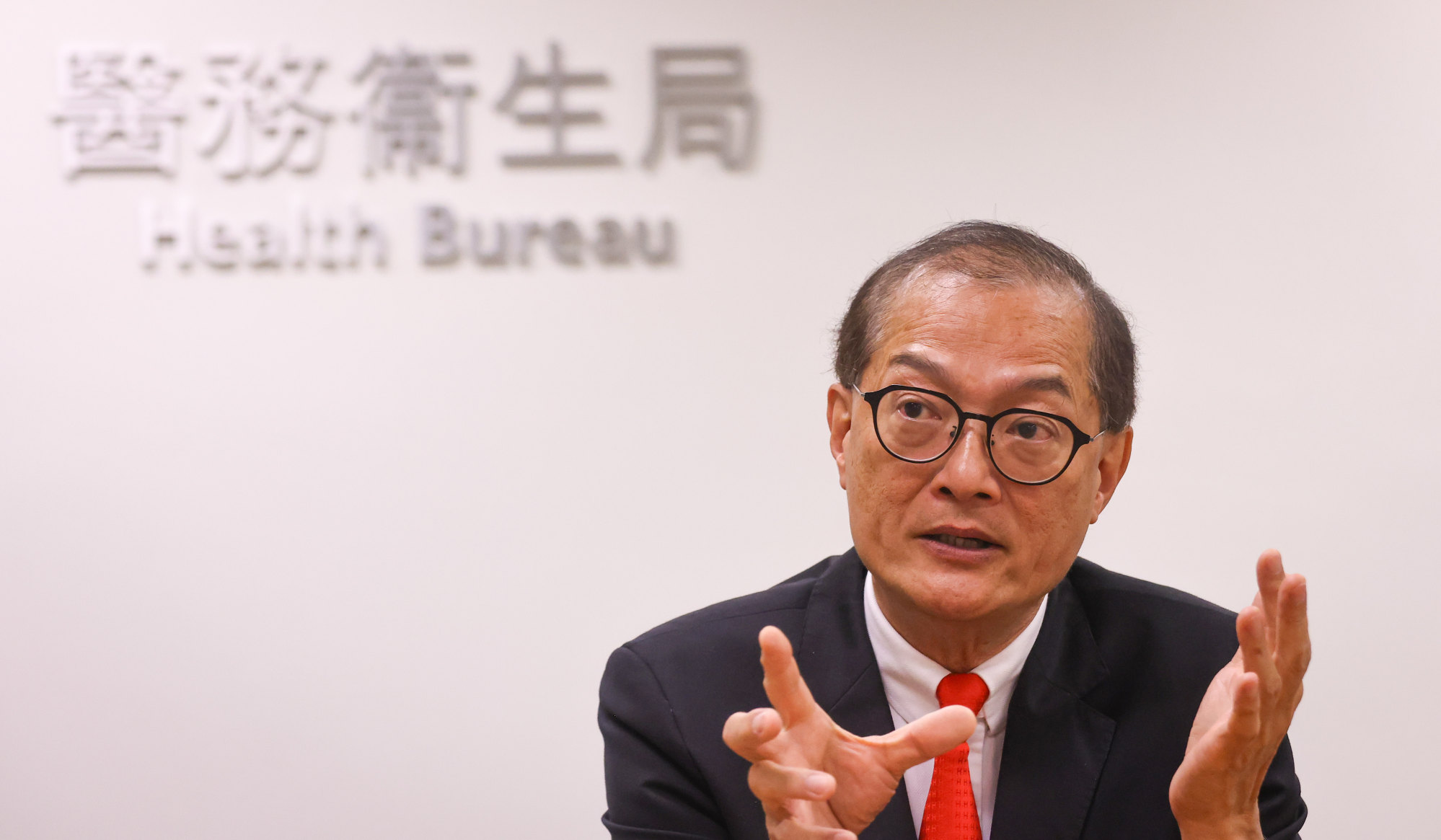
Tobacco should pay for Hong Kong health and deficit
- Another tax rise needed as city struggles to reduce the number of smokers and improve its financial position
Higher tobacco taxes may be coming the way of Hong Kong if authorities initiate another increase aimed at reducing the smoking rate. Authorities should be encouraged to explore a move that not only appears to have obvious health benefits, but also will generate revenue to counter the current deficit.
Secretary for Health Lo Chung-mau said the government would “definitely consider” a rise, citing World Health Organization data and global experience showing increases to be the “most effective methods” to cut smoking.
The city’s previous increase last February seems to have worked. Lo said it prompted a three- to fourfold spike in inquiries to the government’s smoking cessation hotline.
Current duties are about 64 per cent of the retail price of cigarettes, below the UN health agency’s recommended 75 per cent. The rise of HK$12 (US$1.53) last time put the cost of a pack of 20 cigarettes at about HK$78.

There are nearly 600,000 people who smoke each day in the city and authorities hope to reduce the smoking rate of 9.5 per cent to 7.8 per cent by next year. A heavier tax increase is needed to achieve that goal, according to Professor Kelvin Wang Man-ping, of the University of Hong Kong’s School of Nursing and a government adviser with the Hong Kong Council on Smoking and Health.
Lo stopped short of confirming whether Financial Secretary Paul Chan Mo-po is considering the move in his budget next month. However, several experts have suggested that tobacco products be “banned like drugs” from 2030 to protect children from second-hand smoke in homes, where many adults now use tobacco following strict public controls.
Higher taxes are never welcome, but Hong Kong’s ballooning financial deficit may be an incentive to act now. In 2021, the government increased its stamp duty on equity transactions on the city’s stock exchange to make up for budget shortfalls.
Dipping into “sin taxes” could now be a timely move.
Fears of cigarette smuggling are no reason to delay further tax increases on tobacco as long as there are sufficient resources for enforcement action. The success of higher taxes should signal it is time to take steps to improve fiscal and physical health.

